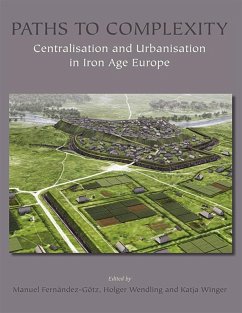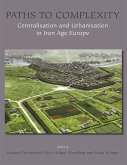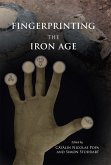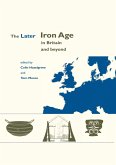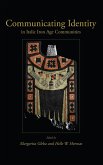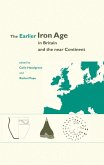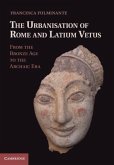Exploring the origins of urbanism - the emergence and development of the first cities, has long constituted one of the main challenges of archaeological and ancient historical research. Studying cities in a long-term and cross-cultural perspective links the past with the present, allowing a better understanding of one of the most important developments in human history. Moreover, archaeological research on ancient cities can contribute to a better understanding of contemporary processes of urbanisation. The 21 papers in this volume aim bring together the latest continental and English-speaking research with contributions by well-established researchers and younger colleagues providing innovative perspectives. The whole Iron Age - ca. 800 BC to the beginning of the Common Era - is considered on an international basis to consider such topics as the similarities and differences observed between centralisation and urbanisation processes of the Early and Late Iron Age; new approaches to the internal organisation of settlements and their formation processes; the supply management of central places and economic support from their environment; and the crucial role of sanctuaries in the formation of urban settlements. Contributions cover an area stretching from central Spain to Moravia and from southern France to Britain. The aim has been to produce a work of reference for readers interested in Iron Age archaeology in particular, and in urbanisation processes in general.
Dieser Download kann aus rechtlichen Gründen nur mit Rechnungsadresse in A, B, BG, CY, CZ, D, DK, EW, E, FIN, F, GR, HR, H, IRL, I, LT, L, LR, M, NL, PL, P, R, S, SLO, SK ausgeliefert werden.

